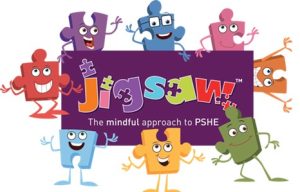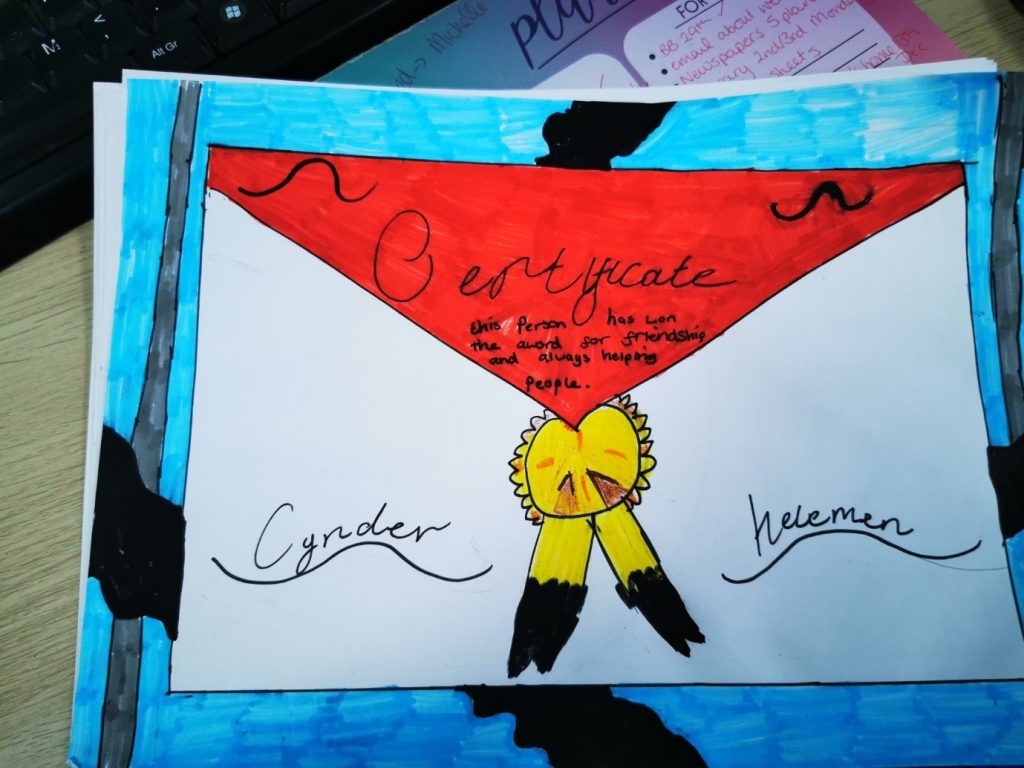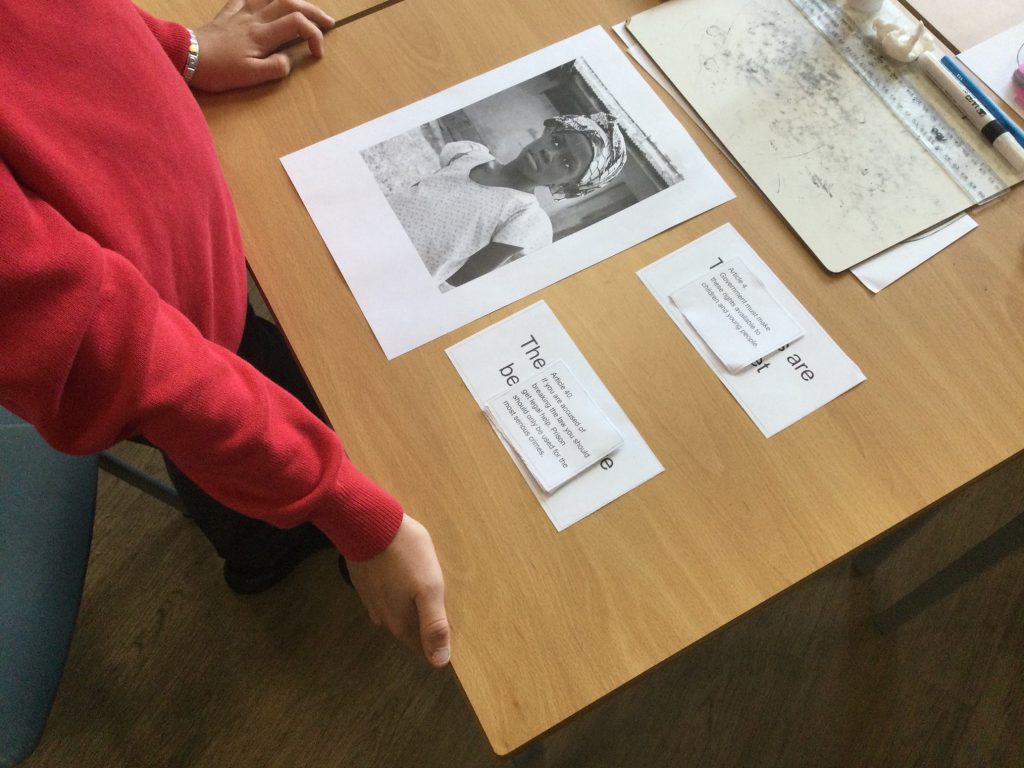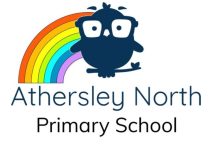Personal, Social, Health & Economic (PSHE)
"Intelligence plus character- that is the goal of true education." Martin Luther King Jr
At Athersley North Primary School, the PSHE curriculum intends to provide pupils with the knowledge, understanding, attitudes, values and skills they need in order to reach their potential as individuals and within the community.
Pupils at Athersley North Primary School are encouraged to take part in a wide range of activities and experiences across and beyond the curriculum, contributing fully to the life of their school and communities. In doing so they learn to recognise their own worth, work well with others and become increasingly responsible for their own learning. Children reflect on their experiences and understand how they are developing personally and socially, tackling many of the spiritual, moral, social and cultural issues that are part of growing up.
Children learn to understand and respect our common humanity; diversity and differences so that they can go on to form the effective, fulfilling relationships that are an essential part of life and learning.
At Athersley North Primary School we use the Jigsaw approach to support the development of the skills, attitudes, values and behaviour. Jigsaw aims to ‘teach children and young people emotional literacy, social- and lifelong skills, RSE/RSHE and resilience in an age-appropriate manner. Jigsaw gives children and young people the tools to have the best possible life.’ (Jigsaw, 2023)

Relationships and Sex Education
It is our intent that learning in RSE is taught within the context of family life, taking care to ensure that there is no stigmatisation of children based on their home circumstances. It is our belief that RSE is best taught by confident teachers who know their pupils well, as part of the ongoing PSHE curriculum. More than ever before, children are exposed to representations of sex and sexuality through the media/ social media and the social culture around them, so we aim to present a balanced view of RSE and help them to be discerning and stay safe. We are conscious that rates of sexually-transmitted infections (STIs) and teenage pregnancy in our local area high as demonstrated in the Locality Public Health report; research consistently indicates that effective RSE delays first sexual experience and reduces risk taking.
It is our aim to;
- enable our pupils to understand and respect their bodies, and be able to cope with the changes puberty brings, without fear or confusion. We develop positive and healthy relationships appropriate to their age, development etc. (respect for self and others)
- support our pupils to have positive self-esteem and body image, and to understand the influences and pressures around them
- empower our pupils to be safe and safeguarded
The Government’s definition of RSE is this:
“It is lifelong learning about physical, moral and emotional development. It is about the understanding of the importance of marriage for family life, stable and loving relationships, respect, love and care. It is also about the teaching of sex, sexuality, and sexual health. It is not about the promotion of sexual activity – this would be inappropriate teaching.
All parents have the ‘right to withdraw’ their children from the sex education part of the school’s RSE programme except the formal RSE elements found in the statutory National Curriculum Science . If a parent(s) wish to withdraw their child from these lessons, it must be made in writing to the Head of School.
Relationship and Sex Education coverage per year group
EYFS | Growing up: How we have changed since we were babies |
Year 1 | Boys’ and girls’ bodies; body parts |
Year 2 | Boys’ and girls’ bodies; body parts and respecting privacy (which parts of the body are private and why this is) |
Year 3 | How babies grow and how boys’ and girls’ bodies change as they grow older |
Year 4 | Internal and external reproductive body parts, body changes in girls and menstruation |
Year 5 | Puberty for boys and girls, and conception |
Year 6 | Puberty for boys and girls and understanding conception to birth of a baby |
Drug and Alcohol Education
The Drug and Alcohol Education programme at our school reflects the school ethos and demonstrates and encourages the following values. For example:
- Respect for self
- Respect for others
- Responsibility for their own actions
- Responsibility for their family, friends, schools and wider community
Jigsaw Drug and Alcohol Education Content
The grid below shows specific Drug and Alcohol Education learning intentions for each year group in the ‘Healthy Me’ Puzzle.
Year Group | Learning Intentions ‘Pupils will be able to…’ | |
2 | Medicine Safety | Understand how medicines work in my body and how important it is to use them safely. |
3 | What Do I Know About Drugs? | Tell you my knowledge and attitude towards drugs. Identify how I feel towards drugs. |
4 | Smoking | Understand the facts about smoking and its effects on health, and also some of the reasons some people start to smoke. |
Alcohol | Understand the facts about alcohol and its effects on health, particularly the liver, and also some of the reasons some people drink alcohol. | |
5 | Smoking | Know the health risks of smoking and can tell you how tobacco affects the lungs, liver and heart. |
Alcohol | Know some of the risks with misusing alcohol, including anti-social behaviour, and how it affects the liver and heart. | |
6 | Drugs | Know about different types of drugs and their uses and their effects on the body particularly the liver and heart. |
Alcohol | Evaluate when alcohol is being used responsibly, anti-socially or being misused. Tell you how I feel about using alcohol when I am older and my reasons for this. |
Learning Charter
Ground rules in class and across the school are essential when discussing sensitive subject matter and teaching RSE. Clear ground rules are established in partnership with the class, then reinforced at the start of each relevant lesson. As a minimum, ground rules are likely to include the following basic guidelines:
- Listen politely to each other
- Everyone gets a turn to speak, if they want to
- Everyone has a right not to speak
- Everyone’s contribution is respected
- We don’t ask or have to answer any personal questions
- We use anatomically correct language when we have learnt

Disciplinary Progression
At Athersley North Primary, each PSHE lesson is underpinned by six disciplinary knowledge concepts which we believe will engage pupils in their PSHE learning. We have developed these into disciplinary knowledge progression stands and believe that these six progression areas provide pupils with the knowledge, understanding, attitudes, values and skills they need in order to reach their potential as individuals and within the community.

Substantive Knowledge
Our PSHE curriculum is also driven by our six key concepts of substantive knowledge. We believe that these key substantive concepts act as the “golden thread” of PSHE and will help to develop a pupil’s understanding of themselves in the wider world.

Substantive Vocabulary
At Athersley North, we ensure that all children can articulate their understanding of a substantive concept by giving them opportunities to use a range of vocabulary linking to the substantive concept being taught.

PSHE Long Term Plan
Resources & Experiences
We offer a range of resources that children can use and explore within PSHE sessions. This ensures that all children are engaged in their learning. We also aim to ensure that all children have a wide variety of learning experiences throughout their time at school
Examples of Learning







